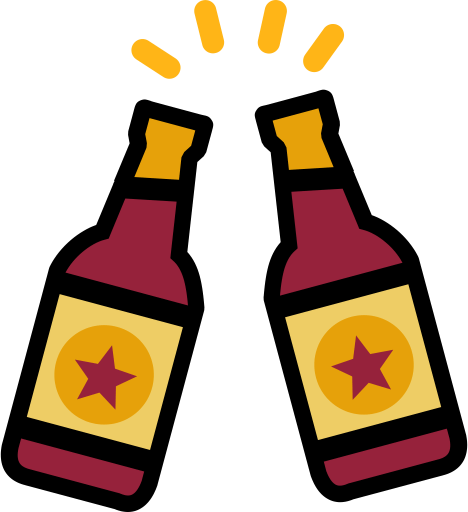As someone who lives in a hot climate where droughts occur regularly and where the groundwater is 80+ degrees in the summer, I’ve been doing mostly no-chill brewing (letting the hot wort passively chill in an HDPE cube overnight then pitching the next day) to reduce my brewing water usage.
I’ve been really happy with the results, and I’m finally beginning to nail hoppy styles. Anyone else have no-chill experience who’d like to compare notes?


Didn’t know this was a thing, are there any downsides to doing it this way?
Yes, primarily hop timing. You can’t use your usual hop schedule with a no-chill setup because the wort stays near-boiling for much longer, extracting more alpha acids over time. It’s also hard to get aroma/flavor out of boil additions for the same reason, so many no-chillers just add their late hops directly to the cube as a sort of knockout addition.
There’s also a theoretically increased risk of infection cuz you wait longer to pitch, but the boiling wort sanitizes the cube anyway and I’ve never heard of anyone having a bad fermentation because of it.
I see, how about chill haze? I personally don’t consider that a problem but people say slow cooling can cause that.
I’ve made some very clear beers with no chill with no whirlflock/Irish moss. I don’t notice much of a difference.
Oh excellent, thank you very much!